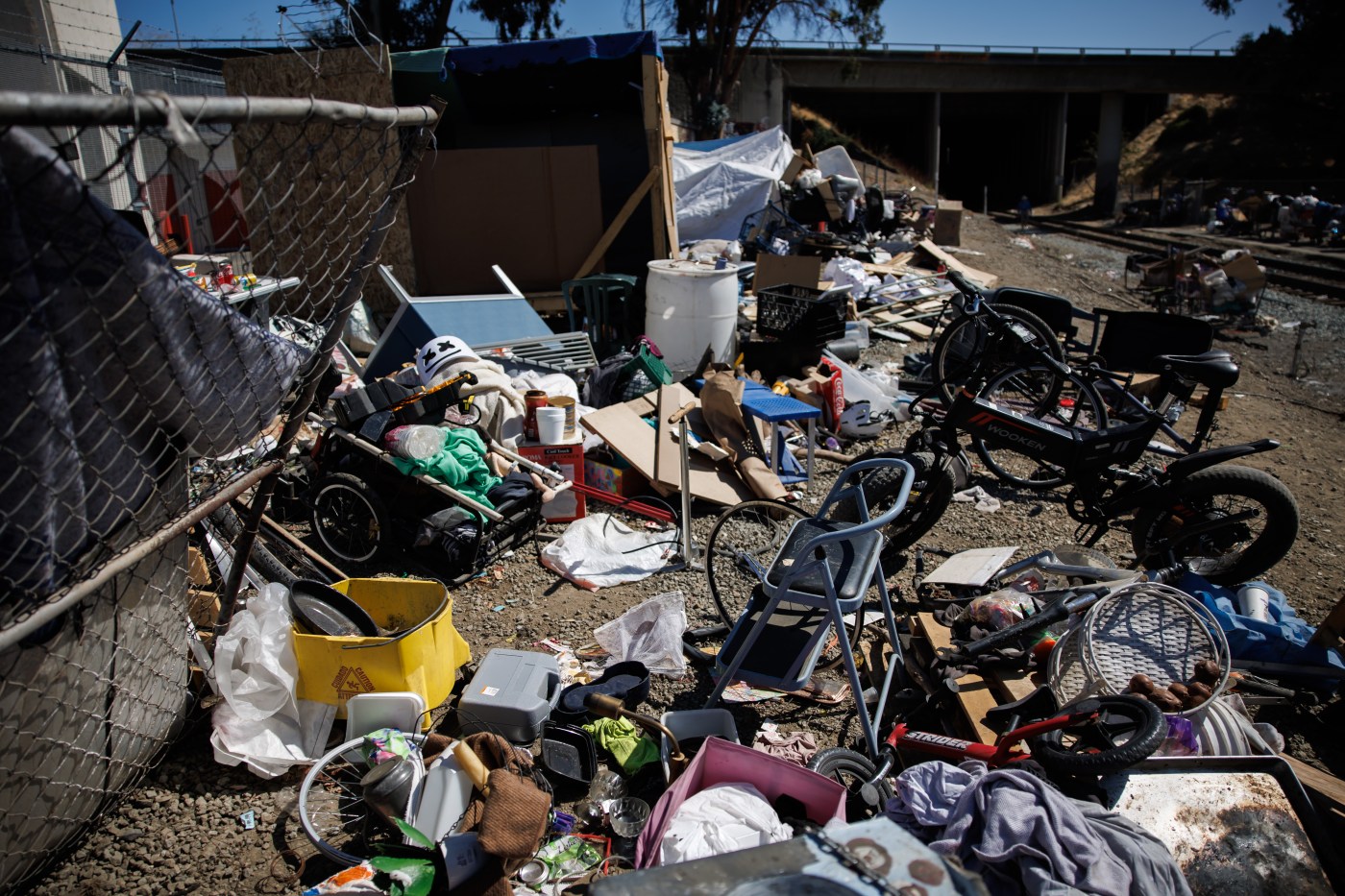Daily News Update

California’s Homekey+ Program Expands Support for Vulnerable Homeless Populations
California continues to make progress in addressing the homelessness crisis through innovative programs and strategic investments. One of the most impactful initiatives is Proposition 1, which has been instrumental in supporting mental health reform and providing critical resources to vulnerable homeless populations. Governor Gavin Newsom recently announced a new allocation of $106.2 million to fund the development of hundreds of supportive housing units aimed at helping veterans and individuals with behavioral health challenges.
This funding is part of a broader strategy that combines mental health care, housing development, and community support to reduce homelessness and create long-term solutions. The state has made significant strides in tackling this complex issue, with efforts that are now outperforming national trends. By focusing on structural changes and foundational reforms, California is setting a new standard for addressing homelessness in the United States.
Key Components of California’s Approach
Governor Newsom’s plan includes several key components designed to address the root causes of homelessness:
- Mental Health Reform: Recognizing the strong link between mental health and homelessness, the state is investing in services that provide treatment and support for those in need.
- Housing Development: Streamlining the process of building new housing to ensure more people have access to stable living conditions.
- Shelter and Support Funding: Allocating resources for shelters and other support systems that help individuals transition from homelessness to permanent housing.
- Accountability for Local Governments: Ensuring that local jurisdictions take responsibility for addressing the needs of those living in encampments.
- Updating Conservatorship Laws: Making necessary legal updates to better protect and assist individuals who require long-term care.
- CARE Court System: Creating a new pathway to connect high-risk individuals with essential services through a specialized court system.
These measures reflect a comprehensive approach that aims to not only provide immediate relief but also build a sustainable framework for reducing homelessness over time.
Expanding Support Through Homekey+
A major component of this effort is the Homekey+ program, which has received over $2.1 billion in funding to support local communities in developing residential care settings and expanding access to behavioral health treatment. This initiative builds on the success of the original Homekey program, which has already helped thousands of Californians find stable housing.
In November 2024, the California Department of Housing and Community Development (HCD) invited local communities to apply for Homekey+ funding. Today, HCD announced the awarding of $106.2 million to six communities, including Oakland, Los Angeles, Chula Vista, Rancho Cordova, Napa, and Glenn County. These projects will create 321 permanent supportive homes for veterans and other vulnerable residents.
To date, Homekey+ has awarded a total of $284.6 million to support 16 projects across the state, resulting in the creation of 825 affordable homes with supportive services. In August, an additional $76 million was allocated for Homekey+ projects, with a significant portion going to a project in San Jose.
Commitment to Affordable Housing
The impact of these initiatives is clear. Secretary Tomiquia Moss of the Business, Consumer Services and Housing Agency emphasized the importance of the Homekey+ program in providing affordable housing and support services for those experiencing homelessness. She highlighted the Governor’s ongoing partnership with local jurisdictions and his commitment to ensuring that all Californians, including veterans and the most vulnerable, have access to safe and stable housing.
New Appointments to State Boards
In addition to these housing efforts, Governor Newsom has also announced several appointments to state boards. Gregory Guisti, from Kelseyville, has been reappointed to the North Coast Regional Water Quality Control Board. Guisti has a long history of service in environmental and ecological fields, including roles at the University of California Cooperative Extension and various research institutions. His appointment reflects the state’s continued focus on environmental stewardship and water quality management.
Guisti’s position requires Senate confirmation and comes with a per diem compensation of $250. He is registered without party preference, underscoring the nonpartisan nature of his role.
Post a Comment for "Daily News Update"
Post a Comment